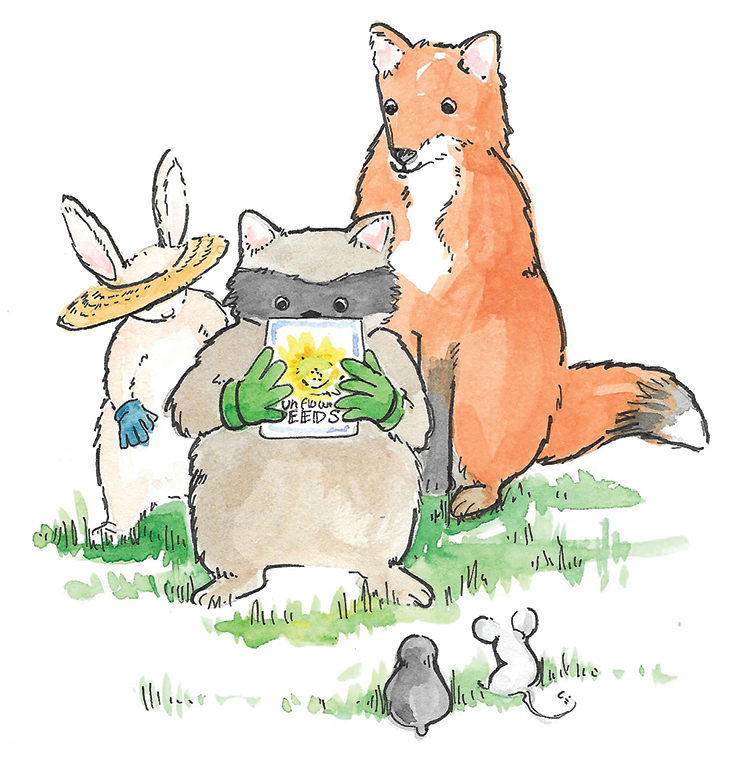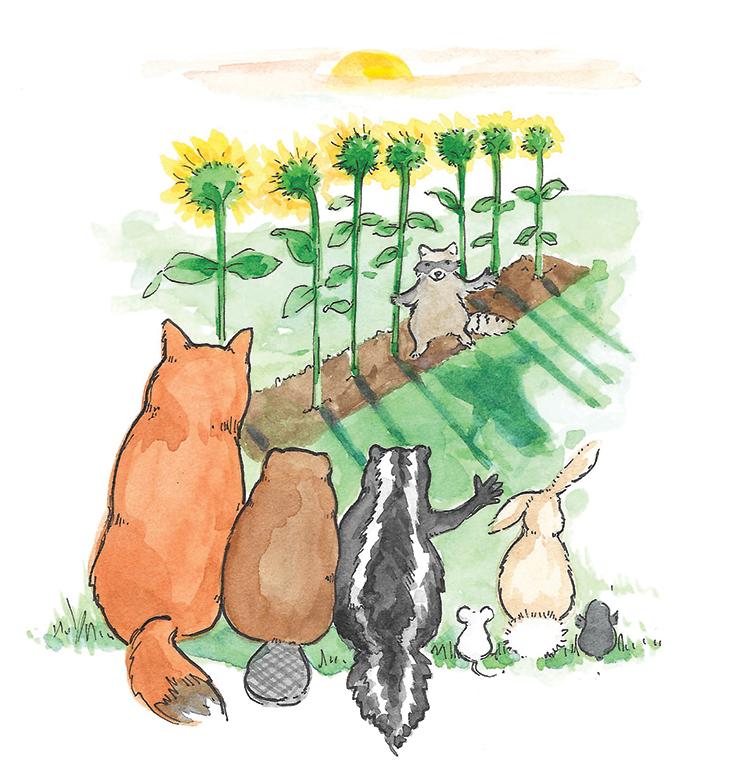
I know myself well. And truth be told, I’m not always thrilled about that. By knowing myself, I am fully aware of my shortcomings. And they are ugly. In fact, being in short supply of patience often tops my list. There are times I beat myself up for how I’ve handled a situation or how I’ve behaved (and I’m supposedly a grown-up!). At my age, I scold myself, I should know better! I’m extremely grateful God doesn’t base his love for us on behavior…if he did, I might very well be in perpetual time out.
Since I’ve survived twenty-some years of raising my children (doing my best to manage their impatience and mine!), I humbly offer any wisdom I’ve gained. And believe me, the old saying, ‘I wish I knew then what I know now,’ holds true.
We are not born patient. We enter the world screaming, and really, quite demanding. We want to be fed the moment we’re hungry. We want our diaper changed the instant it’s soiled. We tantrum when we don’t get our way. And the idea of sharing or turn taking isn’t always well received.
As adults, how did we acquire patience? We’ve been taught. We’ve been shown. We’ve learned through experience (though some of us, as I said, have not learned as much as we should have). So as moms, it’s our responsibility to help our children develop that important life skill. But how do we do that?
By example: we do our best to model patience and wait with calmness.
By being mindful of others: we teach our children not to interrupt while others are talking, and to wait until everyone is served before eating.
By taking baby steps: begin with small expectations and gradually increase them.
By not reacting right away: We make sure our children have gained self-control before filling their requests.
By learning our child’s triggers: What causes them to be impatient? Long car rides? Waiting in lines? Plan ahead and offer diversions (activities suitable for car rides, or verbal games such as ‘I Spy’ while waiting in lines).
By using visual timers: Depending on their age, most children don’t understand the concept of time. The phrase, “In a few minutes,” may not be concrete enough. A visual timer can be helpful.
Because children relate easily to stories and often see themselves in the characters, books are wonderful tools for moms. They help children learn about their world and about important virtues such as patience. To help instill a love of reading in children, and to help instill Christian values such as patience, compassion, perseverance, and trust, I wrote the early reader series, Tales of Buttercup Grove.

The second book in the series, Sunflower Summer, begins when Raccoon, one of the main woodland characters, finds a package of giant sunflower seeds. To help celebrate the first day of summer, he invites his good friend Skunk, along with all their other woodland friends, to help plant the seeds. When Raccoon’s friends discover it will take one-hundred days for the seeds to fully grow, they become discouraged. They don’t think they cannot wait that long. But with Raccoon’s encouragement, everyone works together as they plant and tend to their seeds. On the one-hundredth day, surrounded by their giant sunflowers, the woodland friends celebrate with a late summer picnic. This story closes with a Bible verse from Romans 8:25 “If we look forward to something we don’t yet have, we must wait patiently and confidently.”

Sunflower Summer not only takes children on a fun adventure with their new found woodland friends, it helps them realize that sometimes the best things in life are worth waiting for.
I invite you to visit talesofbuttercupgrove.com where you’ll find free downloads that correlate with the story…it’s just one more way to help your children learn about patience while having fun in the process.
***
Wendy Dunham is an inspirational children’s and middle grade author, as well as a therapist for children with special needs. She is the proud mom of two adult children. Learn more at wendydunhamauthor.com.

Leave a Reply